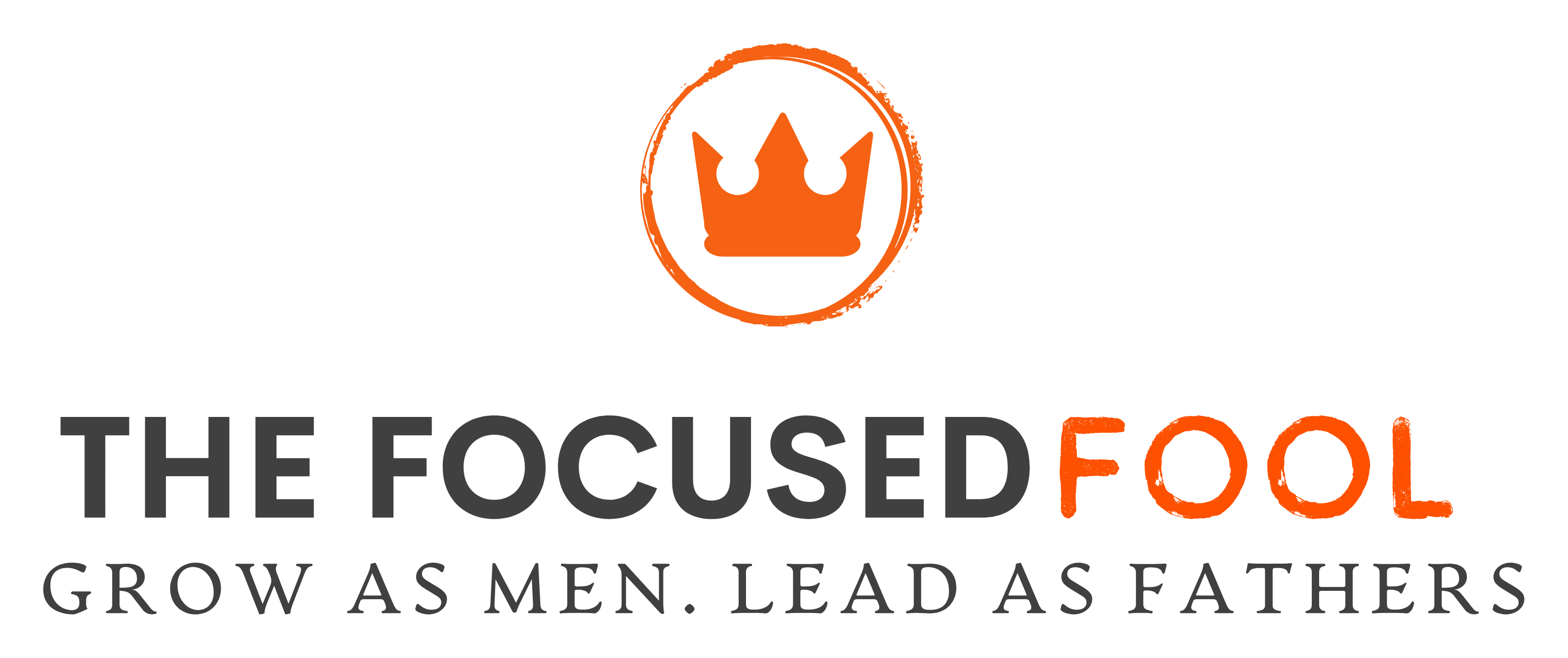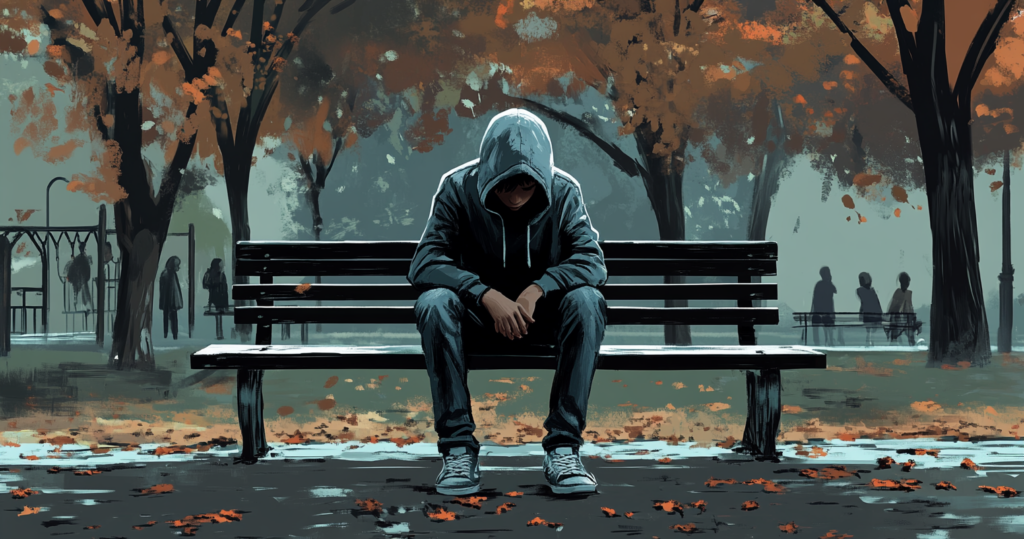Have you ever felt like raising boys today is like trying to bake a cake without a recipe—you toss in ingredients and hope something edible comes out? I often find myself scratching my head, wondering if I’m doing it right or inadvertently making things worse. To add to my own inabilities, it seems that the world today is a confusing place for young men. One that hasn’t quite figured out what they want them to become.
Did you know that teenage boys are three times more likely than girls to die by suicide? Or that they’re falling significantly behind academically, struggling at twice the rate of their female classmates? Recently, I stumbled across the “Lost Boys – State of the Nation” report by the Centre for Social Justice, and honestly, it shook me more than I’d anticipated. Even though the statistics were about boys in the UK, the trends felt eerily similar to what’s happening here in the US. It discussed alarming issues—mental health struggles, boys falling behind academically, and challenges transitioning into the workforce. These weren’t just abstract data points; they’re the very things that keep me up at night as a dad.
Reading through that report sparked a storm of questions in my mind. What exactly is driving these challenges? Are these problems rooted in the way we parent, broader societal issues, or something else entirely? I certainly don’t claim to have definitive answers, but the deeper I dove into this topic, the more personal it became. I knew I had to explore these questions, not just for my own understanding, but to give my boys the best possible chance in life.
So here’s what I’ve been pondering, shaped entirely by my observations, conversations, and, honestly, my mistakes.
1. Genuine Mentorship (Where Did All the Old Wise Men Go?)
Growing up, my dad often took the time to teach me practical skills. We remodeled houses together and spent countless hours working side-by-side in his woodshop, creating things and quietly absorbing valuable lessons. These days, though, meaningful interactions like these seem increasingly rare. Although my own kids aren’t on social media yet, I can’t help but notice how many young people around us turn more to digital influencers for guidance rather than real-life mentors.
This makes me wonder—why does there seem to be such a lack of mentors today? Is it possible that we’ve overly structured our children’s lives with school, sports, and endless activities, leaving little room for spontaneous, meaningful moments? I’ve realized many of life’s most valuable lessons were taught to me during quiet, unplanned times spent just being with my parents. Maybe, in our drive to keep kids busy, we’ve unintentionally crowded out the very space where mentorship naturally occurs.
Mentorship matters because it provides a bridge between generations, allowing young boys to learn firsthand from the experiences and wisdom of older men. Without this, boys risk navigating life’s complexities alone, learning hard lessons unnecessarily late or not at all.
One thing I’m thinking about trying: Intentionally scheduling more one-on-one, unstructured time with my kids—no phones or agenda—just opportunities to naturally connect and mentor.
2. The Purpose Puzzle
“What do you want to be when you grow up?” we ask our children.
The better question might be: “Who do you want to become?”
Men throughout history understood their role within a larger narrative. They were protectors, providers, builders, teachers. Their purpose wasn’t just about career advancement or wealth accumulation—it was about contribution to family and community.
Today, purpose has become privatized. We’re told success means climbing corporate ladders and maximizing personal happiness. But when everything becomes about individual fulfillment, we paradoxically end up feeling unfulfilled.
I’ve noticed this emptiness in myself—the nagging sense that despite checking society’s success boxes, something essential remains missing. The men I respect most have somehow transcended this trap. They’ve found meaning not in achievement for its own sake, but in service to others and causes larger than themselves.
One thing I’m considering: Having a monthly family dinner where we intentionally talk about stories of service, generosity, or selflessness to reinforce purpose beyond personal success.
3. Emotional Openness (Yes, Boys Really Do Cry)
One of the toughest lessons I’ve had to learn was unlearning the damaging mantra “boys don’t cry.” As an adult, I’ve come to understand how suppressing emotions has complicated my own life, and I’m determined to help my sons avoid the same pitfalls. But truthfully, talking openly about emotions still feels awkward sometimes. Nevertheless, I know fostering emotional openness is essential for their future well-being and relationships.
Boys who learn emotional honesty early grow into men capable of deeper relationships and healthier self-awareness. Ignoring this can lead to mental health challenges and difficulties connecting authentically with others.
One practice I want to try more regularly: Sharing highs and lows openly at dinner or bedtime, modeling emotional honesty and vulnerability.
4. The Physical Disconnection
Our great-grandfathers built barns, worked fields, and shaped raw materials with their hands. Most modern men spend their days manipulating pixels on screens. Our bodies evolved for physical challenge and exertion, yet our lifestyles rarely demand either.
Schools have cut physical education and hands-on classes like woodshop. Neighborhoods are designed for cars rather than walking. Even our recreation often involves sitting and watching rather than doing.
This physical disconnection affects us psychologically. There’s a satisfaction in tangible creation and physical accomplishment that no digital achievement can replicate. When I finally built that backyard playset (after three weekends of skinned knuckles and colorful language), I felt a pride that completing spreadsheets never provides.
Plan a regular, hands-on project—building something, gardening, or repairing items around the house. Even if it’s small, physically creating something together fosters confidence and pride.
5. Rites of Passage (We Need More Than a Diploma)
I’ve been thinking a lot lately about how few meaningful rituals we have today to help boys transition clearly into adulthood. Getting a driver’s license or graduating high school just doesn’t feel sufficient as a genuine rite of passage. Historically, boys experienced significant milestones marking their growth into responsible adulthood, but today, these moments feel superficial.
When exactly did I become a man? Was it when I moved out? Got my first job? Became a father?
Traditional cultures understood the psychological importance of clear transitions. They created ceremonies and challenges that marked the passage from boyhood to manhood—experiences that both tested and affirmed a young man’s readiness for adult responsibilities.
Today, these thresholds have disappeared. Boys drift into manhood without clear markers or community recognition. This absence can create prolonged adolescence and uncertainty about one’s place in the world.
I’m not suggesting we borrow the “bullet ant glove” ritual from the Amazon—though surviving gloves full of angry, venomous ants certainly clarifies adulthood! But maybe the real issue isn’t the lack of hardship; it’s the lack of purposeful, structured experiences with meaningful tests. Experiences designed to guide boys through critical transitions instead of leaving them to drift.
Just like mentorship, rites of passage create intentional moments of growth. They provide a framework where young men can develop resilience, learn valuable skills, and understand their responsibilities—not just to themselves, but to their families and communities.
This is one topic I’ve thought a lot about and plan to start when my boys turn 13 and continue with them until they’re 17. I want to deliberately focus on what it means to become an adult and a man. To move from self-centeredness to service, to learn to become a provider and protector, to see their own self-worth and understand how to contribute to the greater good of their community.
The specifics of how I plan to do this—challenges, goals, and experiences—are for another day, and another article. But the vision is clear: helping my sons grow into men with purpose, resilience, and a commitment to serving others.
Moving Forward
I don’t have all the answers. Like you, I’m figuring this out one day at a time. But I’m convinced that naming what’s missing is the first step toward reclaiming it.
As fathers, we have a unique opportunity to break these cycles. We can seek out and create the brotherhood, mentorship, purpose, and challenges that modern life no longer automatically provides. We can model emotional authenticity and physical engagement for our children.
Most importantly, we can join together in this journey—acknowledging our common struggles and sharing what we learn along the way.
Because being a focused fool isn’t about having it all figured out. It’s about paying attention to what matters most while maintaining the humility to laugh at ourselves when we inevitably mess up.
What do you think men are missing today? How have you addressed these gaps in your own life? Drop a comment or shoot me an email—I’d love to learn from your experience..
The Focused Fool Newsletter – Growing as Men. Leading as Fathers.


Leave a Reply